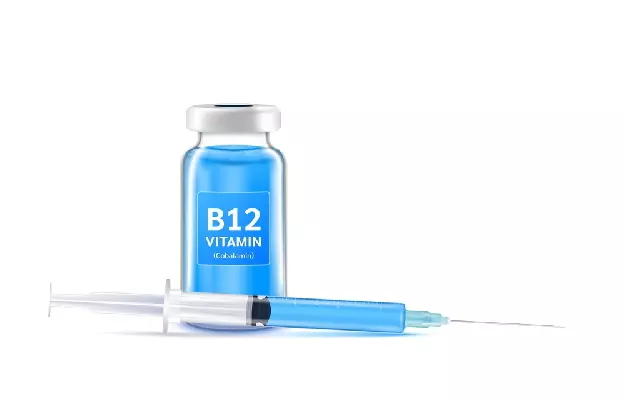Nowadays, Vitamin B12 deficiency is common among all of us. In most cases it is considered safe to take supplements through injections to make up for this deficiency, but if you want to know more about it then this article is for you. Vitamin supplements are very popular, not just vitamin B12 but supplements for all vitamins. People often believe that they will act as a safety net and help ensure adequate nutrient intake.
Vitamin B12 deficiency is widespread. Nowadays people regularly get injections of Vitamin B12. They are claimed to help improve energy levels, brain function and weight loss.
Read more - (Boost Your B12: Essential Foods Rich in Vitamin B12)











